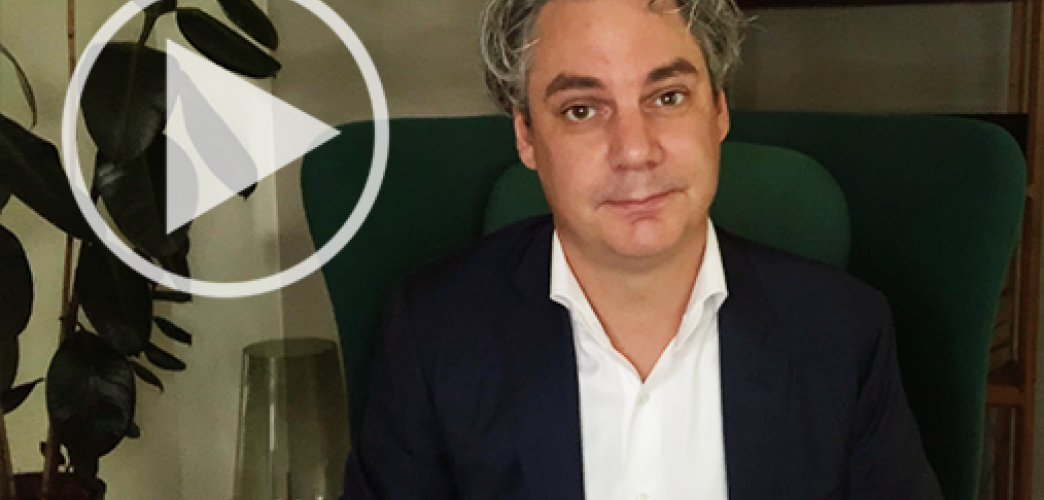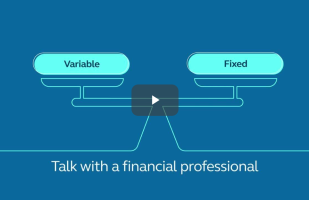report by BlackRock
- Filter:
- Clear Filters
- (-) Financial Planning
Results for ""
Goals/Needs-Based Investing
Women and savings: Your future in focus
We’re talking about women’s finances, including how to identify your goals and decide what you may need to save for the future.
Retirement
Saving for your future: 401(k)s and beyond
Watch to discover additional ways to save beyond the traditional employer-sponsored plan, and how to maximize your savings strategy depending on your stage of life.
Client Life Events
Why you need a will and how to create one
This piece is approved to use with clients.
Ensure your wishes are known and learn how to help secure your loved ones’ financial future should the unexpected happen.
Client Life Events
Estate Planning
This piece is approved to use with clients.
Watch and learn what’s included in an estate plan and the steps you can take to create one so your wishes are carried out the way you choose.
Children & College Savings
4 ways to tackle student loan debt
This piece is approved to use with clients.
Student loans can have a big impact on your finances. Whether you’re just starting to pay off your loans, or if you’ve been at it for years, a repayment game plan may help you manage debt and get a better return on the investment in your education. We’ll look at four ways to conquer student loan debt while not losing sight of your other financial goals.
Protect Your Family
Expanding and Protecting Your Savings
This piece is approved to use with clients.
Learn additional ways to save if you’ve already maxed out your retirement savings accounts and different strategies worth considering to help protect your hard-earned income and assets.














